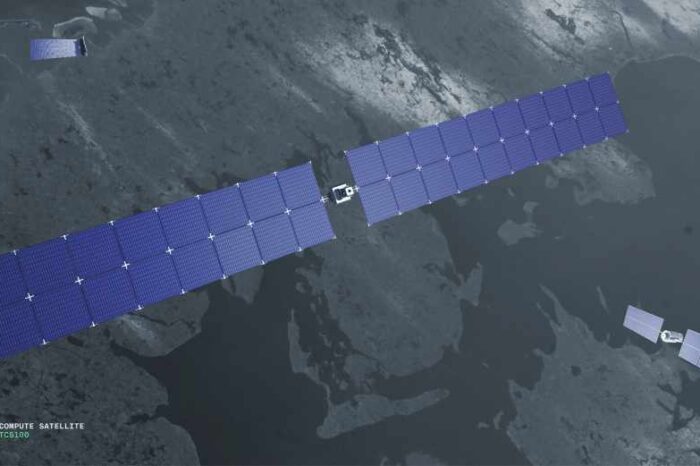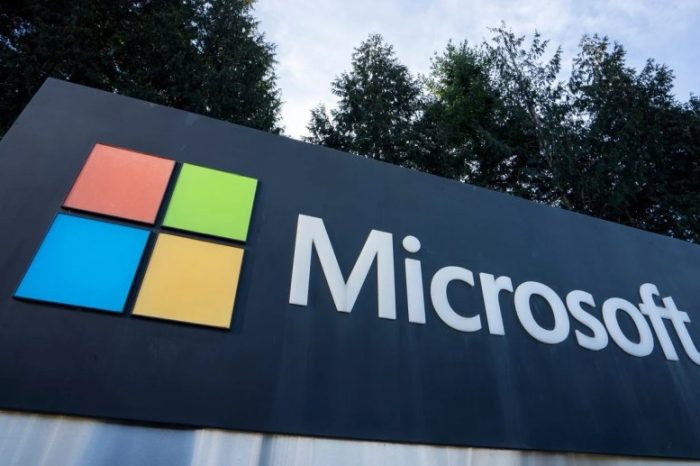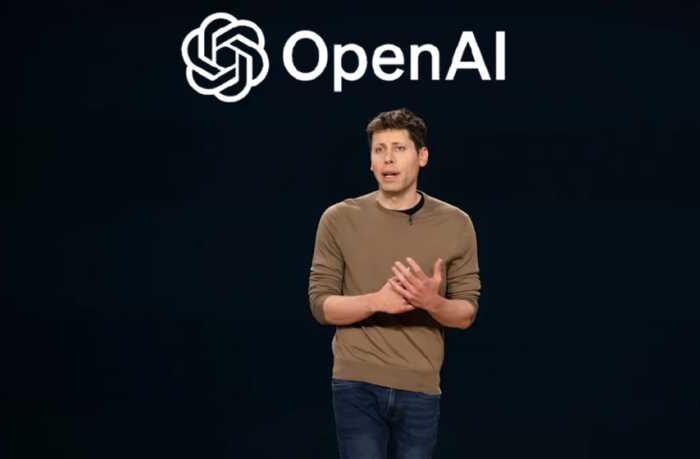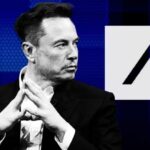Elon Musk’s xAI is raising $20 billion to build one of the world’s largest AI data centers with Nvidia
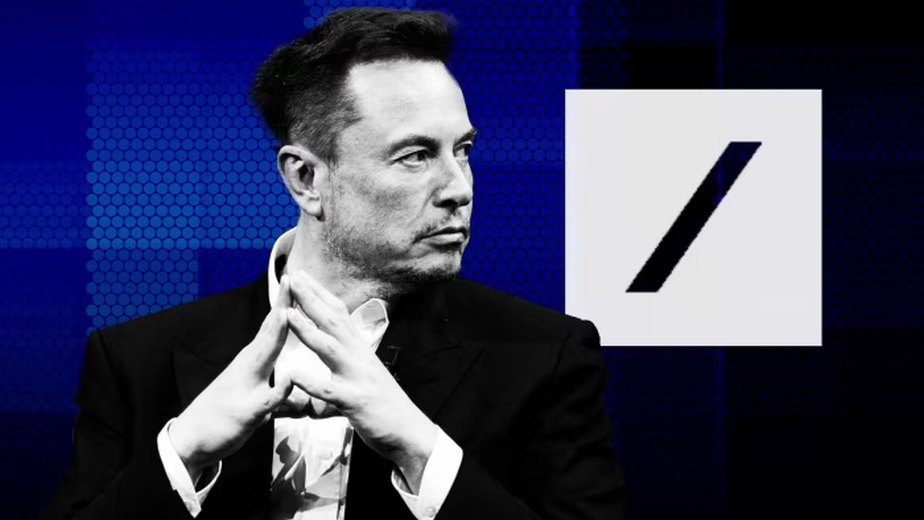
Elon Musk’s artificial intelligence startup, xAI, is gearing up for a massive $20 billion funding round that could reshape the AI infrastructure race. The deal, structured through a mix of equity and debt, is set to bring in heavyweight partners like Nvidia and some of the biggest names in private equity. If completed, it would give Musk’s company the firepower to scale at an unprecedented level.
xAI launched in July 2023 as Musk’s answer to OpenAI’s ChatGPT. The company has moved aggressively since then, building its Grok AI model and pouring resources into large-scale compute. That growth has come with a steep price tag. Reports say xAI is burning through about $1 billion each month.
“xAI is raising more financing than initially planned, tapping backers including Nvidia to lift its ongoing funding round to $20 billion,” Bloomberg reported, citing people familiar with the matter.
Earlier this year, it raised $10 billion, and this new round would more than double that total, signaling just how intense the competition for AI dominance has become. The latest news comes less than a month after CNBC reported that xAI was raising $10 billion from investors in a round that values the artificial intelligence startup at $200 billion.
The $20 billion is being raised through a special purpose vehicle (SPV) that will purchase Nvidia processors and lease them to xAI over five years. This structure limits investors’ direct debt exposure while ensuring xAI has access to the chips it needs. About $7.5 billion will come in as equity and up to $12.5 billion as debt, according to people familiar with the deal.
Nvidia is expected to commit up to $2 billion to the equity side. That move fits neatly with its broader strategy: instead of relying solely on buybacks or acquisitions, the company is channeling capital toward customers that drive demand for its GPUs. Nvidia CFO Colette Kress has spoken publicly about this approach, emphasizing their focus on supporting AI customers. Apollo Global Management and Diameter Capital Partners are handling the debt, while Valor Capital is leading the equity effort. Apollo is also investing directly in xAI, adding another layer to an already complex deal.
Neither Nvidia nor xAI has responded to requests for comment, and the deal remains private. Musk previously brushed off reports in September that xAI was seeking $10 billion at a $200 billion valuation, saying the company would raise money “in the coming months, just not right now.”
Much of the capital is earmarked for Colossus 2, a gigawatt-scale data center in Memphis, Tennessee. xAI plans for the facility to become one of the largest AI training clusters ever built, powered by Nvidia’s most advanced GPUs. The SPV structure lets xAI build out its infrastructure at breakneck speed without taking on the entire cost upfront—a model that could catch on across the industry.
Musk has been vocal about xAI’s mission to build transparent AI aligned with human values and to push scientific discovery forward. That vision sets xAI apart from OpenAI, the company he co-founded and later criticized for focusing too heavily on profit. The financing also ties xAI even closer to Musk’s other ventures. SpaceX is already providing resources, and Tesla shareholders are expected to vote later this year on potential investments in xAI. Musk sees AI as central to Tesla’s push into autonomous vehicles and robotics, weaving his ecosystem even tighter.
The deal lands at a moment when AI infrastructure spending is exploding. Companies are racing to lock down chips and data center capacity as demand soars. AMD has struck a deal to supply OpenAI with hundreds of thousands of chips over several years in exchange for a potential 10 percent stake. Meta is investing $29 billion into new data centers. Oracle has taken on $38 billion in debt to fund similar ambitions. Nvidia’s involvement in xAI’s deal not only guarantees future chip sales but further cements its dominance as the backbone of the AI industry.
There’s a circular dynamic emerging. Suppliers like Nvidia are financing their customers, who in turn buy more chips, driving valuations higher. That loop raises questions about how sustainable these structures are and whether the market is inflating AI valuations too quickly. Energy demands and geopolitical pressure are mounting, and xAI’s rise could accelerate both innovation and scrutiny.
If this round closes as expected, xAI will have the resources to challenge entrenched players head-on. Musk’s push isn’t just about building another AI model; it’s about building the physical backbone that could define the next era of AI competition.

